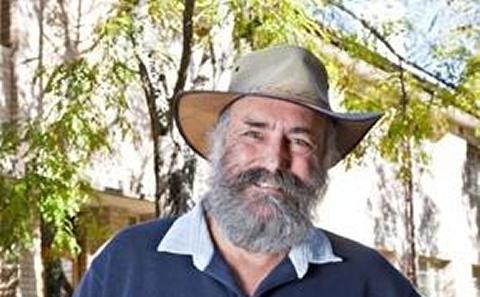Reproduction research in livestock, what do we really need? Seminar

- Time:
- 13:00 - 14:00
- Date:
- 25 October 2013
- Venue:
- SGH IDS Lecture Theatre
For more information regarding this seminar, please telephone Maria Hilliard on 02380 598148 or email M.Hilliard@soton.ac.uk .
Event details
Graeme is interested in the processes through which environmental factors affect reproduction – his aim is to understand how interactions between an animal and its environment (nutrition, pheromones, photoperiod, stressors) determine its reproductive strategy, then make use of that knowledge to develop 'clean, green and ethical' systems of animal management'.
The human population is set to increase by 50% over the next three decades so we need to examine the role of ruminant animals in meeting the demand for food. The major driver research for livestock industries has not changed markedly – production needs to be more efficient – but changes in society, and therefore markets, have added a radical nuance to the research goals that is encapsulated in three words: "clean, green, ethical". The research approach is to investigate how animals respond to their environment and then develop ‘natural’ management tools based on manipulation of the environment to control the animals. This perspective is being used to direct developments in technology and to clarify our genetic goals. Unexpectedly, the "clean, green, ethical" goal has
re-invigorated research into the basic reproductive biology and ecology of our common livestock species.
Speaker information
Professor Graeme Martin, The University of Western Australia. School of Animal Biology/University of Oxford